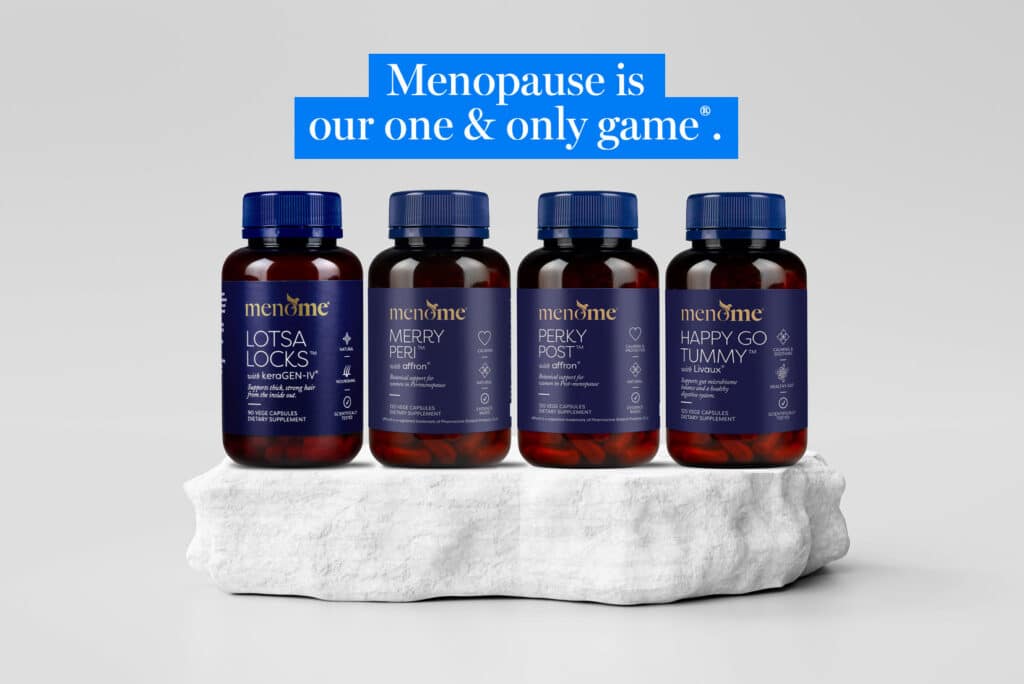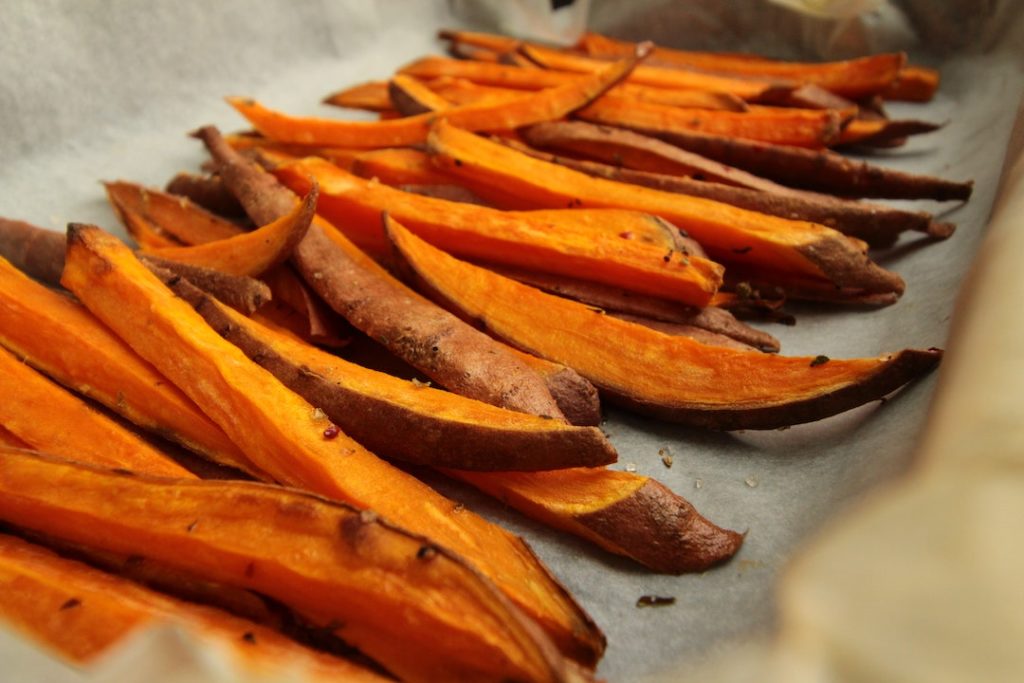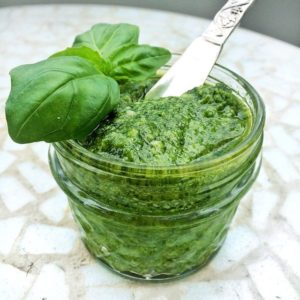You won’t want to miss out on these delicious kumara chips because we know you love a good recipe. So do we, and this one ticks all the boxes.
Even better, it’s a hormone-supporting recipe that won’t tip the scales… as long as you don’t eat them by the truckload! 🛻✨
The best part? These chips are super easy to make. That’s exactly what Meno-Me® recipes stand for: simple, hormone-loving, and waistline-friendly.
Tip:
Kumara is the Māori word for sweet potato.
Kumara Chips
Also known as sweet potato, these chips are delicious, but they are starchy carbohydrates so it’s sensible not to go overboard with them. With that said, a handful will keep you sated and happy.
Serves 1-2
Ingredients:
- 1 kumara / sweet potato
- 1 tsp extra virgin olive oil
- Himalayan rock salt
- Nutmeg or rosemary (optional)
Method:
- Preheat the oven to 180 degrees Celsius (356 degrees Fahrenheit).
- Slice the kumara into wedges or slices, whichever you prefer. Now they’re kumara chips!
- Brush the kumara chips with oil.
- We like to pop the oil in a bag, then add the kumara chips and shake it to make sure they’re nice and covered.
- Sprinkle with Himalayan rock salt and herbs.
- Bake for 40 minutes, 20 minutes each side.
Enjoy the deliciousness!
Nutrients in kumara chips:
- Sweet potatoes or kumara are phytoestrogens, so a good choice for pre-, peri- and post-menopause.
Kumara are rich in beta carotene – a form of vitamin A.
Moreover kumara chips are loaded with potassium and vitamins C and E.
Kumara chips are also low in calories, high in natural fibre so the gut loves them and they’re packed full of antioxidants.
Furthermore, they’re gluten-free, anti-cancer, anti-diabetic, anti-coagulant (blood clotting), anti-inflammatory and help to balance your hormones.
Get your free phytoestrogen list here.
#lovekumara
Image via Pixabay





